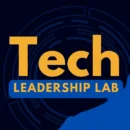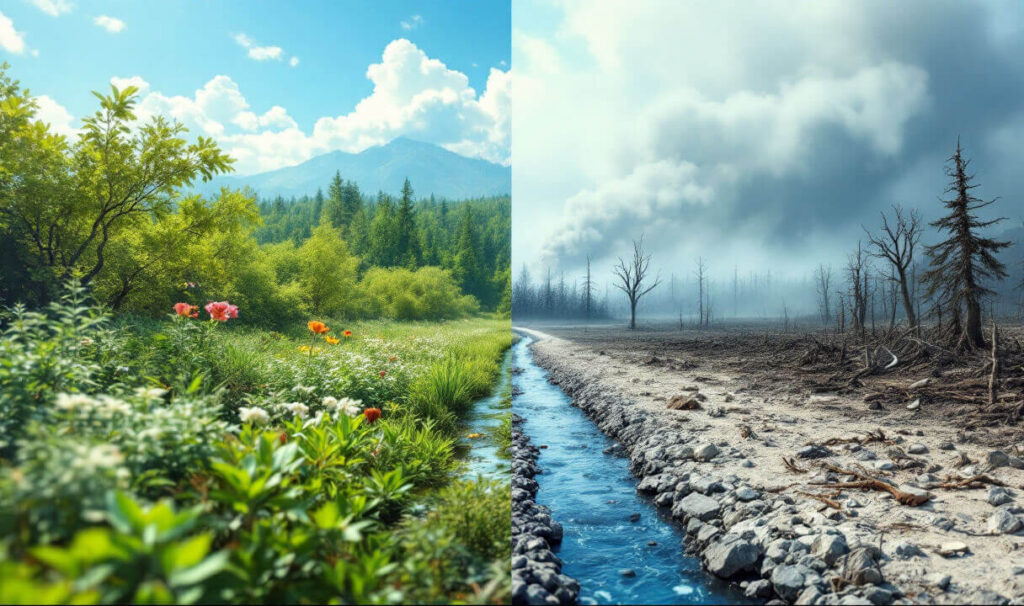Another year, another global climate summit. But this time, COP29 in Baku, Azerbaijan, has left many people asking:
👉 Was this truly about solutions—or about maintaining the status quo?
For a conference meant to unite the world in tackling the climate crisis, COP29 faced some significant challenges:
- Hosted by an oil-first nation, where fossil fuels are a dominant economic driver, many questioned whether this was the right location for a summit on decarbonization.
- Key negotiations on critical issues like the New Collective Quantified Goal (NCQG) and climate financing delivered what some attendees called “disappointing half-measures.”
- Despite promises of “action,” many walked away feeling like the event defined common sense… in reverse.
A Platform for Progress—or a Stage for Greenwashing?
COP29 wasn’t short on headlines, but the substance behind them? That’s where the cracks begin to show.
1️⃣ Climate Finance: Failing the Most Vulnerable
The world’s wealthiest nations still haven’t fulfilled their long-standing $100 billion annual climate finance pledge.
Instead, much of the discussion centered on loans with strings attached, rather than grants that empower vulnerable nations to adapt and thrive.
Let’s not forget: The poorest nations—those least responsible for climate change—are also the ones bearing the brunt of its impacts. Yet, the funding gap to address these challenges remains in the trillions, with no clear pathway forward.
2️⃣ Fossil Fuel Interests Loom Large
As an oil-first country, Azerbaijan’s hosting of COP29 was controversial from the start. Critics pointed out the irony of holding critical climate discussions in a nation heavily reliant on oil and gas exports.
While the conference talked about renewables, decarbonization, and “phasing down” fossil fuels, the lack of concrete commitments on fossil fuel subsidies was glaring. Meanwhile, the fossil fuel industry had a significant presence at the summit, leaving many wondering:
👉 Are we still negotiating with the future—or negotiating with fossil fuel lobbyists?
3️⃣ Where Is the Ambition?
The science is clear: To stay below 1.5°C of warming, global emissions need to peak now. Yet, COP29 delivered little clarity on how this would happen.
Take the Article 6 carbon market mechanism discussions as an example. While some hailed progress in defining international carbon markets, others criticized it as prioritizing offsets over real emissions reductions.
As one attendee said:
“We don’t need loopholes for polluters—we need real solutions that cut emissions at the source.”
The Bright Spots
Not all was lost. There were glimpses of hope:
- Youth leaders and Indigenous activists continued to amplify their voices, calling out greenwashing and pushing for bold action.
- Some nations and companies made ambitious pledges to adopt clean energy and support developing nations with direct investments.
- A growing emphasis on climate adaptation and loss & damage funding is finally gaining traction, though progress remains painfully slow.
The Big Question: Did COP29 Matter?
For many, COP29 felt like a missed opportunity. Yes, it sparked conversations, but did it deliver real solutions?
The climate crisis isn’t waiting for another year of negotiations. Floods, wildfires, and droughts are already displacing millions and costing billions. Meanwhile, the world’s most vulnerable nations—those least equipped to adapt—are being left behind.
Here’s the Truth:
The climate crisis doesn’t care about political timelines, national interests, or fossil fuel profits. Every delay, every half-measure, and every excuse widens the gap between where we are and where we need to be.
The next COP can’t afford to be another stage for empty promises. It needs to be the place where action—not just ambition—takes center stage.
What Do You Think?
How can we ensure these global summits prioritize people and planet over politics and profits?
Let’s discuss this on our LinkedIn.
Resources to read based on this article:
1) Reuters: Takeaways from the COP29 climate summit in Azerbaijan
https://www.reuters.com/sustainability/cop/takeaways-cop29-climate-summit-azerbaijan-2024-11-24/
2) IEA: Azerbaijan’s fossil fuel export profile
https://www.iea.org/reports/azerbaijan-energy-profile/overview
3) The Guardian: Cop29 climate finance deal likely to be followed by equally bitter battles
https://www.theguardian.com/environment/2024/nov/24/cop29-climate-finance-deal-equally-bitter-battles
4) UNFCCC Climate Finance Data Portal
https://unfccc.int/climatefinance?home
5) State and Trends in Climate Adaptation Finance 2023
https://www.climatepolicyinitiative.org/publication/state-and-trends-in-climate-adaptation-finance-2023/
6) Over 1,700 coal, oil and gas lobbyists granted access to Cop29, says report
https://www.theguardian.com/environment/2024/nov/15/coal-oil-and-gas-lobbyists-granted-access-to-cop29-says-report
7) COP29: Hostile climate talks end with a new finance target – and fury
https://dialogue.earth/en/climate/cop29-hostile-climate-talks-end-with-a-new-finance-target-and-fury/
8) COP29 $300 Billion Climate Finance Pledge an ‘Insult’, Say Developing Nations, Campaigners
https://earth.org/cop29-300-billion-climate-finance-pledge-an-insult-say-developing-nations-campaigners/
9) BONUS Trump’s ‘Energy Dominance’ Agenda Sounds Like a Petrostate Plan to Some
https://insideclimatenews.org/news/26112024/will-the-united-states-be-a-petrostate-under-trump/
At Tech Leadership Lab we are thriving on doing whatever we can to focus on solving the SDGs. Now, we want to add that this is a framework for saying “solving the current existential threats we as humanity are facing.” The SDGs are known so it helps spread the meaning a bit easier. As a global ecosystem where we are focused on being good ancestors human wisdom and technological advancement are crucial to becoming a level-one civilization according to the Kardashev’s scale. There is no friction or division but one species.
Subscribe to our newsletter here >>

